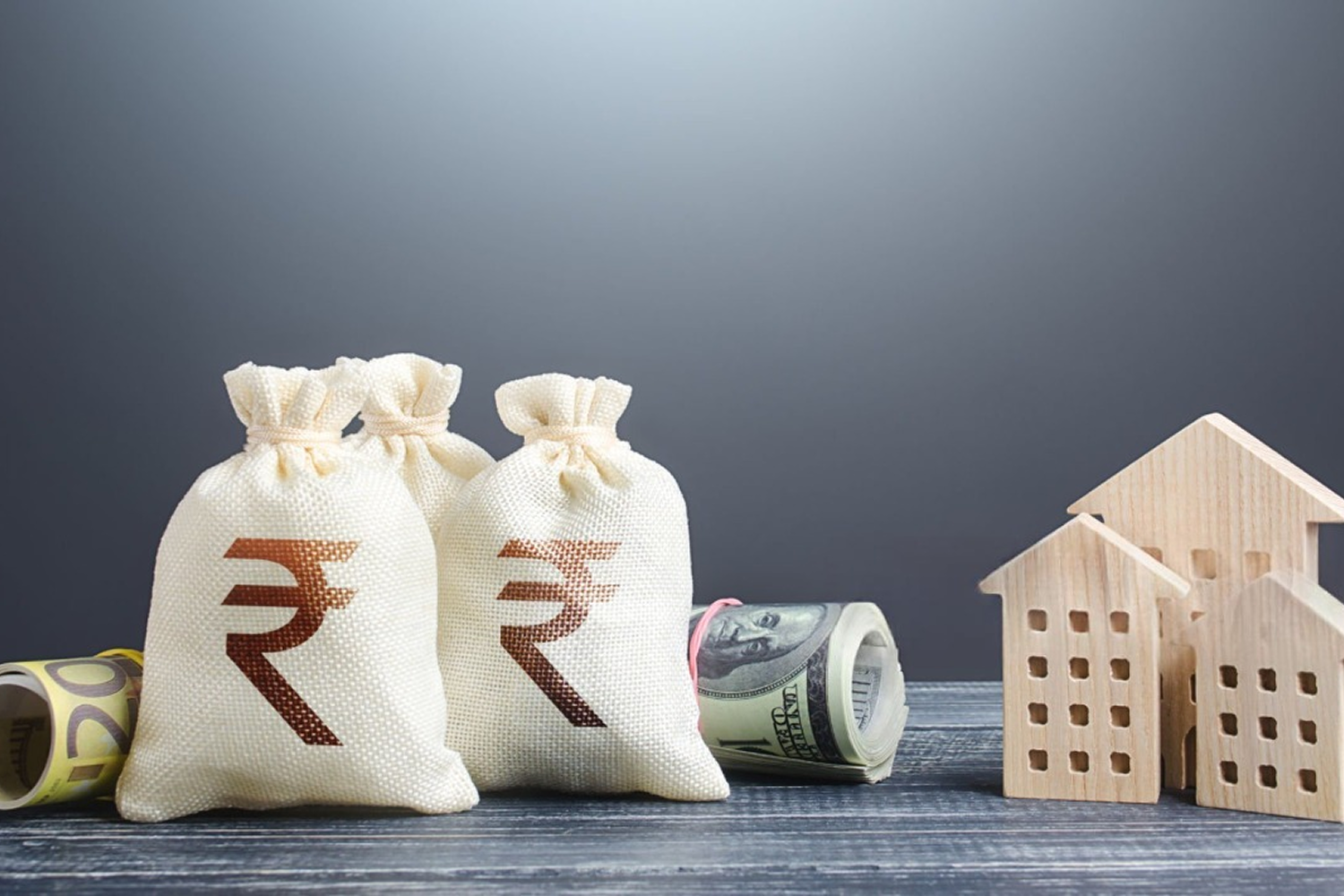Secured vs Unsecured Business Loans: Which is Right for You?
Published:
04th July, 2025

Secured vs Unsecured Business Loans: What’s Best for Your Business?
In India’s fast-changing business ecosystem, the right financial support can either make or break a business. Whether you’re a startup founder with big ideas or a small business owner with years of experience, choosing the right kind of business loan is crucial.
A common dilemma most entrepreneurs face is choosing between a secured business loan and an unsecured business loan. Each type has its own set of advantages, eligibility criteria, risks, and ideal use cases. Understanding the difference between secured and unsecured business loans can help you make informed choices that suit your business needs and financial capacity.
In this guide, we’ll explore:
- What secured and unsecured loans are
- The pros and cons of each loan
- When and why to choose one over the other
- How Credit Saison India can help you apply for the best loan for business growth
What is a Secured Business Loan?
A secured business loan is a loan that is backed by collateral—an asset like property, machinery, fixed deposit, or inventory that the lender can claim if the borrower fails to repay the loan.
- Requires collateral
- Lower interest rates
- Higher loan amounts
- Longer repayment tenures
- Easier approval for low-credit applicants
Example: A manufacturer uses a warehouse as collateral to borrow ₹20 lakhs for expansion.
What is an Unsecured Business Loan?
An unsecured business loan, on the other hand, does not require any collateral. Lenders provide these loans based on the applicant’s credit score, business turnover, financial statements, and repayment history.
Features of Unsecured Business Loans
- No collateral required
- Slightly higher interest rates
- Short to medium tenure
- Faster processing and disbursal
- Ideal for businesses with good financial history
Example: A digital marketing agency gets ₹5 lakhs based on bank statements and GST returns.
Key Differences Between Secured and Unsecured Business Loans
Here’s a side-by-side comparison to help you better understand the difference between secured and unsecured business loans:
FeatureSecured Business LoanUnsecured Business Loan
| Feature | Secured Business Loan | Unsecured Business Loan |
| Collateral | Required | Not Required |
| Loan Amount | High | Low to Moderate |
| Interest Rate | Lower | Slightly Higher |
| Approval Time | Longer due to asset evaluation | Faster |
| Risk to Borrower | Risk of losing asset | No asset at stake |
| Best For | Capital-intensive businesses | Startups or service-based businesses |
| Eligibility | Based on asset + credit profile | Based on credit score + revenue |
Pros and Cons of Secured Business Loans
Pros
- Lower interest rates due to reduced lender risk
- Higher loan amounts available
- Longer repayment tenure
- Suitable for large investments or expansion
Cons
- Collateral is mandatory
- Longer processing time
- Risk of losing assets in case of default
Pros and Cons of Unsecured Business Loans
Pros
- Quick application and disbursal
- No collateral needed
- Ideal for short-term needs or working capital
Cons
- Higher interest rates
- Smaller loan amounts
- Strict credit score requirements
Use Cases: When to Choose Which Loan?
When to Choose a Secured Business Loan
- You need ₹50 lakh+ for long-term expansion
- You’re purchasing expensive equipment or property
- You own business or personal assets (land, FD, vehicles)
- You want lower EMI and longer tenure
- You’re okay with asset evaluation and paperwork
Example: A textile business in Tirupur applies for a ₹1 Cr secured loan against factory land for expansion.
When to Choose an Unsecured Business Loan
- You need ₹1–10 lakh for quick cash flow
- You run a service-based business or startup
- You prefer no-risk lending without collateral
- You want to avoid the hassle of asset evaluation
- You need urgent funds within 2–3 days
Example: A bakery in Jaipur gets ₹7 lakh to launch a new outlet using an unsecured loan within 72 hours.
What is a Small Business Loan with Collateral?
A small business loan with collateral is simply another term for a secured business loan. It means the borrower pledges an asset (movable or immovable) against the loan amount. Common types of collateral include:
- Residential or commercial property
- Gold or jewelry
- Fixed deposits
- Equipment and machinery
- Inventory or stock
- Vehicles
How Credit Saison India Helps You Choose the Best Loan for Business
Whether you’re looking for a secured or unsecured business loan, Credit Saison India provides smart, fast, and flexible financing options tailored to your business needs.
Why Credit Saison India?
- Loan options for both collateral and non-collateral needs
- Fast approval and disbursal – as quick as 48–72 hours
- Digital, paperless process from start to finish
- Loan amount from ₹2 lakh to ₹15 lakh
- Flexible repayment tenure – up to 36 months
- Eligibility check in minutes on Credit Saison India
- Support for MSMEs, startups, and self-employed professionals
Credit Saison’s Offerings: Tailored to Your Business Stage
| Business Stage | Ideal Loan Type | Credit Saison India Offering |
| New Small Business | Unsecured Loan | Collateral-free digital loan up to ₹15 lakh |
| Growth-Stage SME | Secured Loan | High-ticket loan against property |
| Seasonal Business | Unsecured Loan | Working capital loan with fast turnaround |
| Asset-Rich Business | Secured Loan | Low-interest long-term loan |
Documents Required
Whether secured or unsecured, Credit Saison India makes documentation easy:
Basic KYC
- PAN Card
- Aadhaar Card
- Passport-sized Photo
Business Proof
- GST Registration Certificate
- Trade License
Financial Documents
- 6–12 months bank statement
- ITR for 1–2 years (for higher amounts)
Eligibility Criteria
Whether secured or unsecured, Credit Saison India’s Eligibility Criteria is easy to pass:
Age
23 – 60 Years
Business Vintage
Minimum 2 years
Annual Turnover
Minimum 25 Lakhs
CIBIL Score
650 and above
Common Myths Debunked
- Myth 1: You must pledge your home for a loan
Fact: Business property, machinery, or even FDs can be used. - Myth 2: Unsecured loans are only for large companies
Fact: Startups and small retailers often use unsecured loans. - Myth 3: Secured loans always take too long
Fact: With digital evaluation, Credit Saison India speeds up the secured loan process too.
Real-Life Example: Meena’s Salon Expansion
Meena, a salon owner in Pune, wanted ₹15 lakh to open a second branch. She didn’t own any commercial space, so she chose an unsecured business loan from Credit Saison India. Within 3 days, she received the amount and launched her new outlet—growing her monthly income by 40%.
Final Decision: How to Choose What’s Best?
- Do I have assets to pledge? → Go for a secured business loan
- Do I need funds urgently without asset risk? → Choose unsecured business loan
- Is my credit score strong and income stable? → Unsecured loans offer flexibility
- Do I want the lowest EMI possible? → Secured loans give lower interest and longer terms
Apply Now with Credit Saison India
Choosing between secured and unsecured loans doesn’t have to be complicated. At Credit Saison India, we help you:
– Understand your options
– Choose what suits your business needs
– Apply online in minutes
– Get funds fast, with complete transparency
Check eligibility now at creditsaison.in/small-business-loan
Fast loans. No collateral? No problem. Got property? Even better.
Conclusion
Choosing the best loan for business is about understanding your stage, needs, and resources. Secured business loans offer lower interest and larger amounts for asset-backed businesses, while unsecured business loans provide speed and flexibility to startups and small firms.
By knowing the difference between secured and unsecured business loans, you can make decisions that truly fuel your business journey. And with a trusted digital lender like Credit Saison India, you’re never too far from the right financial support.
Share On :
Popular Blogs

07th January, 2026
Why MSME Loans Drive Small-Scale Manufacturing Growth
Discover how Credit Saison India empowers small-scale manufacturers with MSME loans to scale production, upgrade technology, and fuel India's economic future.





















